
Undergraduate Profile Elea Hewitt (’22): Insights from a Year of Farming
Senior Elea Hewitt described herself during her gap year as the happiest she had been in years. Returning to Yale from a year spent on

Senior Elea Hewitt described herself during her gap year as the happiest she had been in years. Returning to Yale from a year spent on
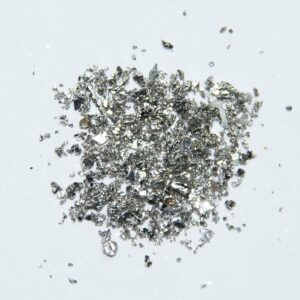
Anthropogenic pollutants—that is, those released by human activities—are toxic and can pose serious risks to human and ecological health. Chlorinated phenolic compounds (CPs), often used
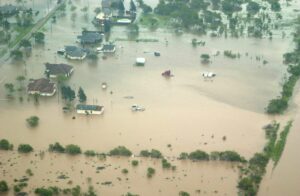
Image courtesy of the U.S. Coast Guard. Not all rivers run on land. Atmospheric rivers (ARs) are pathways of intense water vapor transport in the
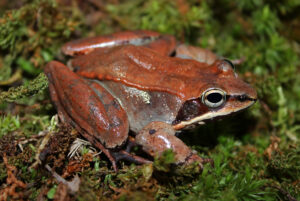
Image courtesy of Flickr. Loss of biodiversity is just one of many grave consequences due to climate change. Recent research sheds light on a species’
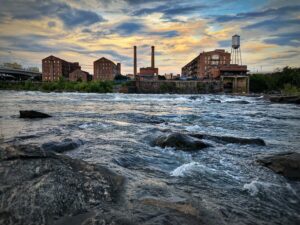
Factories use dioxane, a potential carcinogen, to manufacture a variety of industrial compounds. Image courtesy of Flickr. For decades, a simple organic compound, 1,4-dioxane, has
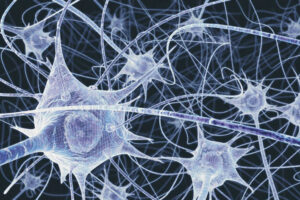
Image courtesy of Flickr. There are more synapses in the human brain than there are stars in the Milky Way. The developing brain manages to
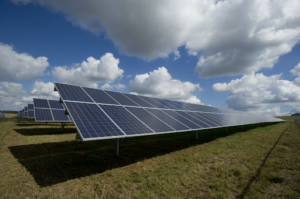
Image courtesy of Unsplash. What do fuel cells, water splitting, and artificial photosynthesis have in common? They’re all vital technologies in the fight to transition
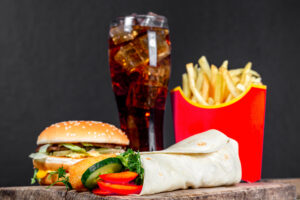
Image courtesy of Flickr. What does it mean to be addicted to food—and is food addiction the same for everyone? According to a new study

Image courtesy of Emki Production. How much do you think you can learn in a year’s time? At the Cognition and Development Lab at Yale,
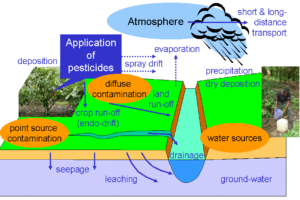
Crops can become contaminated in a variety of ways based on the environments in which they grow. Some examples include deposition from organic chemicals in

Green roofs, roofs covered in plants, could help cool cities. As the world population increases, the need for urban infrastructure also increases. Human activities, coupled
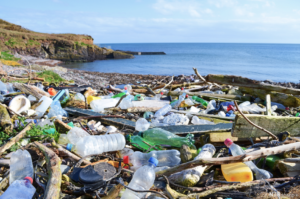
Marine plastics. Image courtesy of the Science Photo Library. Plastic waste has been a visible and growing problem around the world for decades. Various campaigns